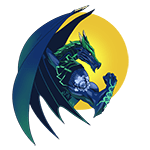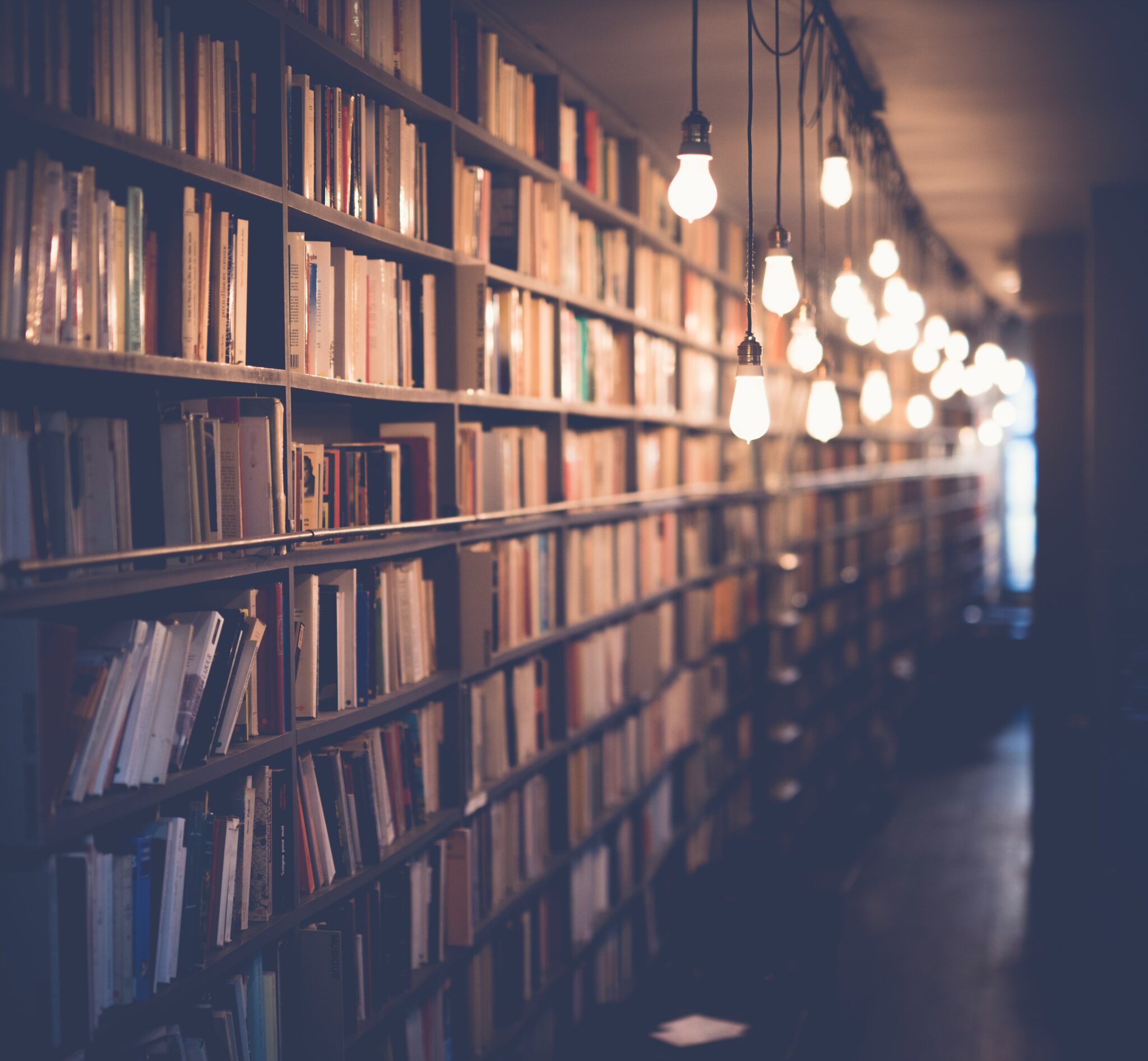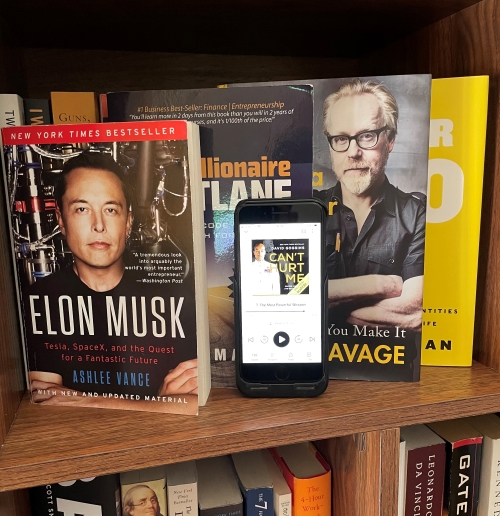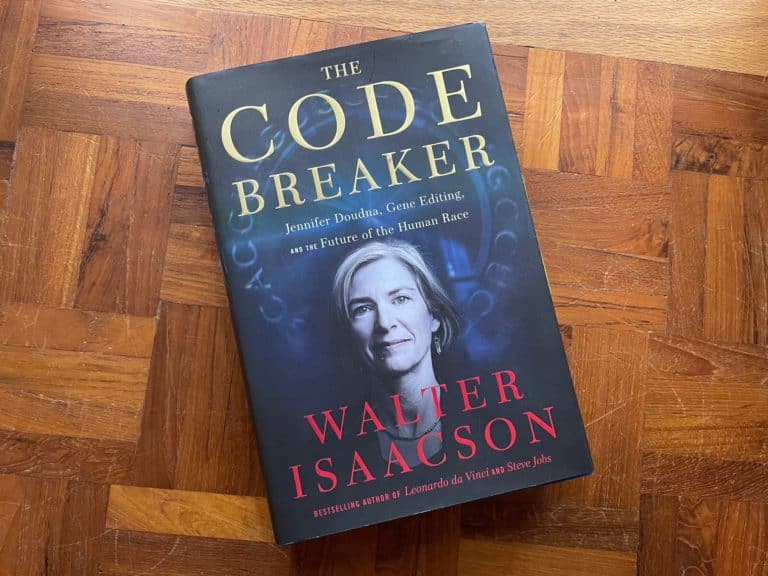These are the 12 Best Non-Fiction Books I Read in 2023
This post contains affiliate links. This means that if you make a purchase through one of these links I will get a small commission at no additional cost to you.
By now all the Christmas presents have been opened and hopefully you’ve had some good R n’ R with family and friends. Did you get any books? Hopefully you did, but if you’ve got some Christmas cash or gift cards burning a hole in your pocket and you want to know what to read check the list below. There are books on learning better, some history, science, psychology, and memoirs. There’s sure to be something to whet your appetite for learning and knowing more about the big wide world we’re living in.
When you find something you’d like to read, consider supporting independent bookstores by purchasing it at bookshop.org. And if you’ve got suggestions for me (and other readers) on what were the best non-fiction books you read this year, put those in the comments below! I’m always looking for more recommendations. Now on to the list!
1. Ultralearning by Scott Young
The definitive guide to ultralearning. In this book, Scott Young explains the 9 principles of ultralearning, a methodology that focuses on intense, self-directed learning to master difficult subjects quickly. This book is really good at giving the mechanics behind how to learn, and it also offers some inspiring anecdotes, not the least of which are Scott’s own forays into learning multiple languages and the MIT undergrad computer science curriculum. For anyone who aspires to learn difficult things or is drawn to the idea, this is required reading.
For a fun, introductory look at some of the concepts behind ultralearning, see this article.
2. The Art of Learning by Josh Waitzkin
Former chess wunderkind turned world-champion martial artist turned high-level performance coach, Josh Waitzkin, gives us a narrative that is part memoir, part performance guide. This is more abstract than Scott Young’s book, but no less applicable. Waitzkin has been performing on the world stage in some of the most pressure filled situations since he was a kid.
In this book, he takes you on his own learning journey and shows you his learning process. One of my favorite things about this book is its focus on problem solving. After all, much of learning consists of experiencing plateaus in the learning process and figuring out how to break through them. This is something Waitzkin excels at. Highly recommended.
3. On Writing by Stephen King
Stephen King knows how to spin a yarn. The best of his books are totally engrossing, and yet he isn’t overly precious about his writing. He churns out work continuously, never seeming to run out of ideas. This book is short and to the point. King purposely decided to only include the thoughts he has on writing that he deemed actually worth sharing. It’s all the good stuff and none of the fluff n’ filler that you find in a lot of books on the writing craft.
Like Waitzkin’s book, this one is part memoir as well as part instruction manual. King writes in a conversational and casual tone, not unlike his novels, so it’s enjoyable to read as well. King talks in the book about the importance of reading for someone who wants to be a writer. There’s a great recommended reading list in the back as well. I credit this book for getting me interested in reading more classics and fiction books of different genres as well. I found On Writing to be totally absorbing and motivating and I read it in a single day.
4. Educated by Tara Westover
Wow, this one was also absorbing, but in a very different way. Tara Westover grew up in a small rural town in Idaho. She wasn’t allowed to go to school and without giving too much away, she had quite the harrowing childhood. She eventually left Idaho to attend college and did her post graduate studies at Cambridge. She’s a testament to not letting your past or upbringing define you.
I loved this book and found it inspiring that someone who came from such a closeted, small-minded environment was able to break free and go on to experience so much of the world and achieve so much. It’s also a very illuminating look at the norms and mindsets of this small part of the country, with the implication that there are many such pockets across the U.S. This book definitely did make me want to scream while I was reading it though, ha. You just can’t believe there are people in the world like this (those that Tara grew up around).
5. Never Finished by David Goggins
Speaking of not letting your past define you, David Goggins’ latest book, Never Finished, delves even deeper into the childhood trauma experienced by Goggins. Although he long broke out of the limits of his upbringing, Goggins continues to be informed and shaped by his early life experiences. Witnessing how he processes these and turns them into fuel for his life, his athletic pursuits, and his mindset is captivating. It should also effectively end any excuses for 99% of those reading.
Just like with Can’t Hurt Me, I listened to this on Audible and highly recommend it, as you’ll get an enhanced experience as compared to the book, with extra interviews and commentary. In addition to reconnecting with his father, Goggins touches on a formative period spent with his grandfather, his experience training for wilderness fire fighting, and the importance of having the right team. Applicable life lessons abound, and those who might characterize Goggins as just being a loudmouth alpha bro haven’t been paying attention.
6. Essentialism by Greg McKeown
This book reads like an extension and further exploration of the Be Proactive habit from Stephen Covey’s The 7 Habits of Highly Effective People. Stop wasting time and energy on things that just aren’t that important to you. It’s when you filter out the noise and start prioritizing the things that are your most essential goals that you truly start feeling fulfilled.
For a full review of this book, click here.
7. Batman and Psychology by Travis Langley
This was one of my favorite reads of the year. Written by psychologist and Batman uber-fan, Dr. Travis Langley, here you get insights into the mind of Bruce Wayne/Batman, his closest associates, and most of his A-list rogues gallery. Along the way, Langley gives a Psychology 101 style introduction to well-known psychology terms and ideas. Entertaining and informative.
8. Influence by Robert Cialdini
This book is a modern classic both in terms of science education (psychology) and also marketing. I can see why. It’s thorough and engaging. In it, Cialdini goes over various techniques of influence that you’ll probably recognize, such as a product being associated with something or someone that you already like, such as a celebrity. If nothing else, it’s worth knowing these techniques so you can recognize when they’re being used on you. Deserving of its reputation.
9. Alone at Dawn by Dan Schilling and Lori Chapman Longfritz
About halfway through the year I decided that I need to read more history, and since I’m retired Air Force, this book seemed like a natural fit. Throughout, Dan Schilling weaves together the history of the USAF’s Combat Controllers, a highly trained group of Special Operations Airmen, the Afghanistan operation know as Operation Anaconda, and the story of Medal of Honor recipient John Chapman. Lori Longfritz Chapman shares additional insights into her brother’s early life and personality. Combat Controllers are some of the most critical and highly trained operators on any team. If you have an interest in Special Operations and/or the U.S. war in Afghanistan you’ll enjoy this book.
For a full review, click here.
10. The Code Breaker by Walter Isaacson
Genetic engineering has made some big breakthroughs in the past 20 years or so, most notably the CRISPR technology that makes highly tailored and specific genomic changes possible. Walter Isaacon’s book, The Code Breaker, sheds light on genetic engineering’s history since Watson and Crick (and Franklin) made their critical discoveries. This is all supporting material however, to the book’s main focus, the ground breaking work of Dr. Jennifer Doudna and Dr. Emmanuelle Charpentier, who in 2011 were jointly recognized with the Nobel Prize in Chemistry. Like all of Isaacson’s work, the book is thoroughly researched, balanced in its observations, and highly entertaining to read. This book illustrates just how exciting science can be.
For the full review of The Code Breaker, click here.
11. The Education of an Idealist by Samantha Power
This book is sometimes mentioned alongside Tara Westover’s Educated. Samantha Power, originally from Ireland, came to the U.S. as a young child and became involved in human rights as a journalist covering the war in Bosnia-Herzegovina. She eventually penned the Pulitzer prize winning, “A Problem From Hell“, which caught the attention of future president Barack Obama. She would go on to serve in the Obama administration, chiefly as Ambassador to the U.N. This book is a memoir style look at how the ideas and world view of an idealistic human rights advocate develop and are informed by her experiences working for change within the system. Highly illuminating.
12. Peak by Anders Ericsson and Robert Pool
Ever since I heard about it, I’ve been fascinated by the idea of “deliberate practice”, a term coined by Anders Ericsson to mean a special form of highly targeted skills practice. Since I went to university for music, this was just how we did things. It was just the right way to practice. So it was no surprise to find out that the subjects of much of Ericsson’s research were conservatory bred music students. There are other fields covered as well though, including number memorization, medicine, writing, language learning, and comedy.
In the book, Ericsson gives good details as to what constitutes naive practice vs purposeful practice vs deliberate practice. Ericsson describes the main features of deliberate practice and gives some advice on how to incorporate these into your own skills practice. I would’ve liked to have seen more examples in general and more detailed examples of what deliberate practice looks like when applied to other disciplines. Still a great read.
2023 Non-Ficton Book Recommendations
That’s it! That’s my list of the best non-fiction books that wowed me or inspired me the most this year! I anticipate reading even more history and science books in 2024. I’ve read 42 books this year (including fiction) and I aim to build on that and up the total in 2024. What are your reading goals for next year?
If You’re Interested in a Bunch of Things and Don’t Like the Idea of Limiting Yourself to Just One-
CLICK HERE
Click here to see my full reading list from 2023
and
Click here to see why I believe reading is such an important and under utilized tool


















